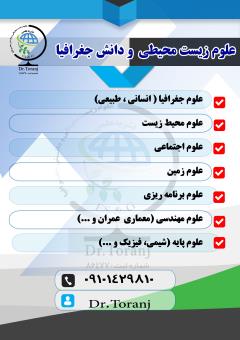بررسی روش های آموزش در دانش آموزان دوره ابتدایی
محورهای موضوعی : علوم برنامه ریزیعبدالحسین پیشگو 1 , گلنار برگریزانه 2 , زهرا کشاورز 3
1 - دانشگاه قرآن وعترت اصفهان
2 - دانشگاه فرهنگیان شهید ایزدپناه یاسوج
3 - دانشگاه پیام نور گچساران
کلید واژه: دانش آموزان دوره ابتدایی, روش های تدریس, تفکر انتقادی,
چکیده مقاله :
فرایند آموزش و پرورش روش ها و فنون تدریس و همراه با تربیت جایگاه مهمی دارد. روش یعنی “راه انجام دادن کاری ” و روش تدریس یعنی “راه منظم، با قاعده ومنطقی برای ارایه کردن درس “و روش آموزش “مجموعه تدابیر واندیشه هایی منظمی که معلم برای رسیدن به هدف های تربیتی با توجه به شرایط وامکانات اتخاذ می کند ” تدریس تعامل بین معلم وشاگرد است که بر پایه طراحی منظم وهدفمند معلم، برای ایجاد تغییر در رفتارشاگرد انجام می گیرد .در پژوهش حاضر که با عنوان " بررسی روش های آموزش در دانش آموزان دوره ابتدایی"انجام گرفت، در این تحقیق شاید تنها روشی باشد که محتوا را با همکاری شاگردان و به صورتی غیر مستقیم آموزش میدهد. سپس روش های آموزش گروهی و اجتماعی( مبتنی بر همیاری) را مناسب ترین الگوهای آموزشی در سنین ابتدایی بخصوص برای بنیان نهادن مهارت های سطح بالای فکری مانند تفکر انتقادی تشخیص داده و بررسی و تفسیر گردیدند. در نتایج تحقیق علاوه بر معرفی روش های تدریس انتخابی به کم و کیف آنها پرداخته و ارتباط آنها را با مفاهیم و ویژگی های تفکر انتقادی نشان داده و تحلیل شدند.
The process of education and teaching methods and techniques along with training has an important place. The method means "the way of doing something" and the teaching method means "an orderly, regular and logical way to present the lesson" and the teaching method is "a set of regular measures and ideas that the teacher adopts to achieve the educational goals according to the conditions and opportunities" Teaching is the interaction between the teacher and the student, which is carried out based on the regular and purposeful design of the teacher to change the student's behavior. In the present research, which was carried out under the title of "Evaluation of teaching methods in elementary school students", it is perhaps the only method in this research. which teaches the content with the cooperation of students and indirectly. Then, group and social education methods (based on cooperation) were identified as the most appropriate educational models in elementary ages, especially for establishing high-level intellectual skills such as critical thinking, and were analyzed and interpreted. In the results of the research, in addition to introducing selective teaching methods, their merits and demerits were discussed and their relationship with the concepts and characteristics of critical thinking were shown and analyzed.
